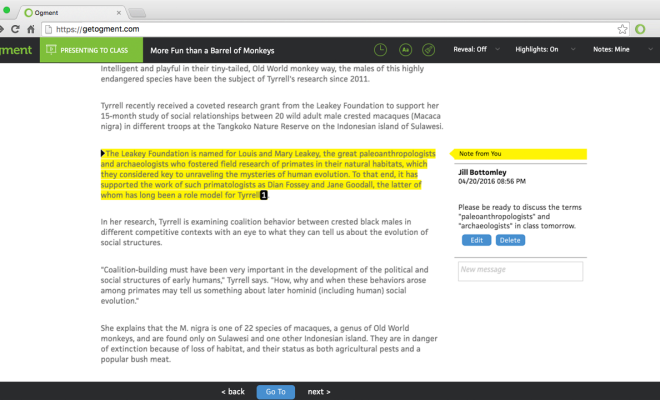The Edvocate’s Guide to Achievement Growth

Academic progress is accomplished over a period and assessed at the onset and end of a specified time. It can be calculated for countries, states, cities, schools, or learners, and many variables and strategies can be used to decide if “growth” has occurred.
Achievement growth refers to educational progress made over time, as measured from the beginning to the end of the defined period. Achievement growth can be tracked and decided for personal learners, schools, states, or countries. A broad variety of variables and methodologies may be used to decide whether “growth” is being achieved.
Achievement growth is tracked and calculated to decide how efficiently or how quickly learners, schools, states, or countries are improving, and “achievement” is most commonly measured utilizing standardized-test scores—although other measures, such as graduation rates, can be included in certain methods or reports. Achievement growth is usually reported in a comparative format.
Achievement growth is also paired with school reform in various ways, usually by utilizing achievement growth as a factor when making essential decisions about schools or educators. For instance, educator compensation or job security may be based in part on achievement-growth measures, or schools may be subject to penalties or negative publicity if they fail to achieve expected growth levels.
When investigating achievement-growth statistics, it is essential to decide precisely how growth was calculated since a broad variety of factors—such as length of the measured period, the calculation methodology and tests that were used, or the size of the represented learner population or subgroups—can produce significant variation in results.
For instance, a school may experience a dramatic or atypical drop in standardized-test scores one year, which will have a much bigger effect on perceived achievement growth if it comes at the end of three years instead of ten years. An atypical drop in test scores would skew the perception of growth if it came at the beginning of three years since it would seem that the school made gains, but the growth may be based on a statistical abnormality.
Is Achievement Growth an Education Reform Strategy?
Since achievement-growth statistics are usually used to assess the effectiveness of education systems, schools, or educators, they are motivated by a desire to improve educational quality. For this reason, the statistics could be labeled as a reform strategy since there would be no need to track, calculate, and report achievement growth if the status quo were considered acceptable. Achievement-growth metrics are either used to make the case that improvement is needed or to equip education leaders, policymakers, and elected officials with the information and arguments they need to improve results.
There has been an emphasis on and attention to growth-related measures in America in recent years. In general, the attention is based on identifying that a school, state, or country may be well behind another state, school, or country. Still, reforms could be introduced that accelerate improvement in others. For instance, a school located in a high-poverty urban community may begin with standardized-test scores that are much lower than the scores in suburban schools in wealthier communities.
Still, despite facing significant disadvantages, the urban school may improve scores at a much faster rate relative to its suburban counterparts. Given that educational achievement can be influenced by factors outside the control of the school or education system, the basic idea is that growth-related measures are a more reliable and useful indicator of how a school or system is improving or of how they are addressing and overcoming factors that may adversely affect achievement.
Also, by looking at the schools and systems that are achieving greater and more rapid growth, the reasoning goes, education leaders can find reform strategies that will work for their district.






